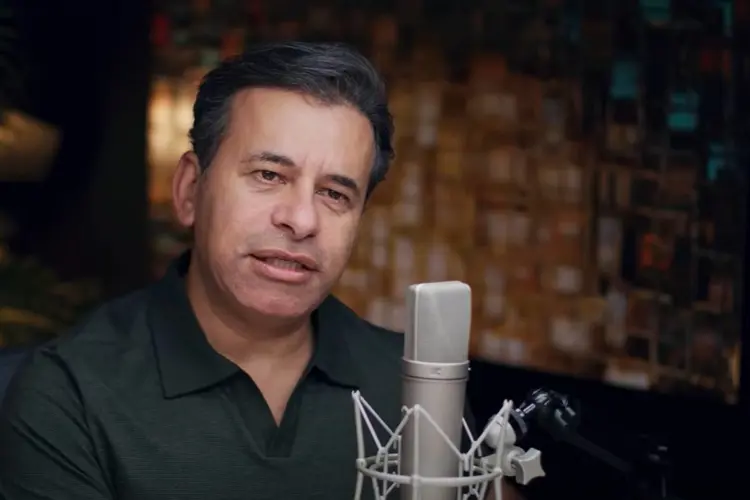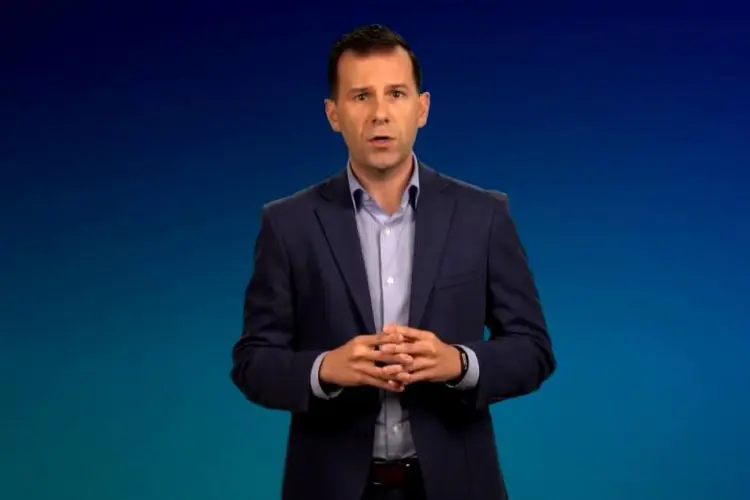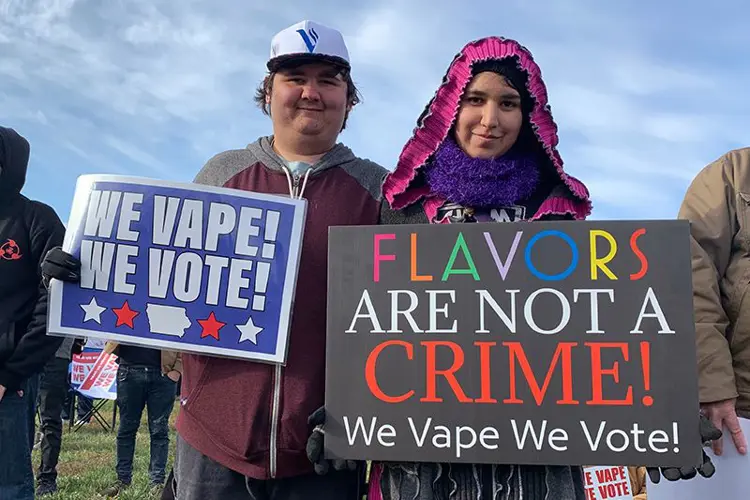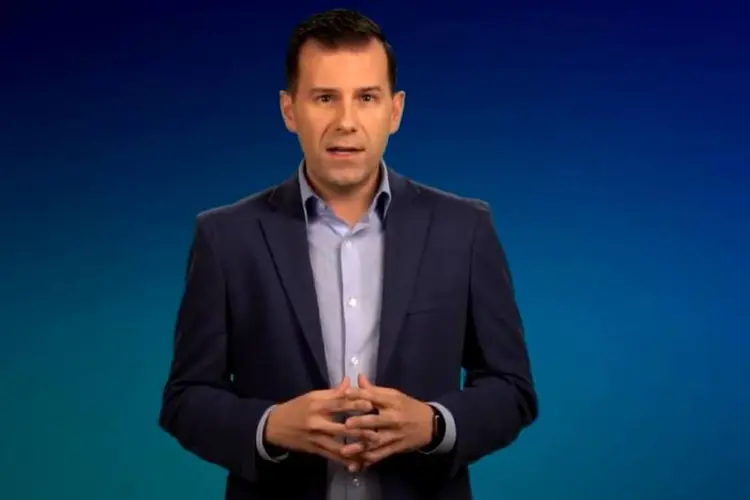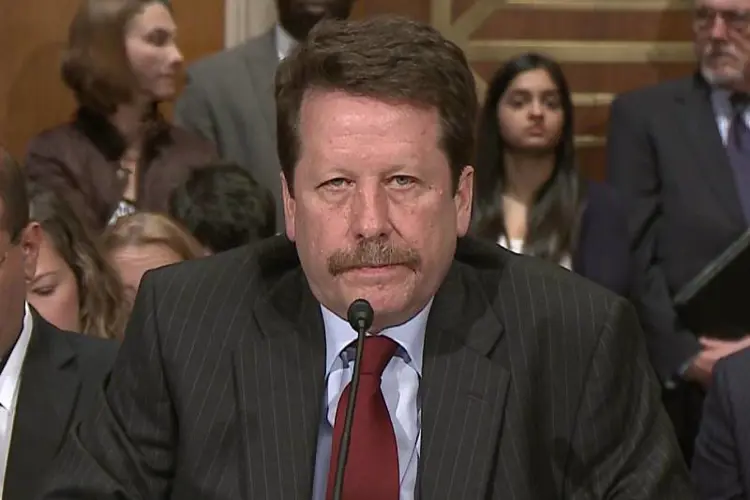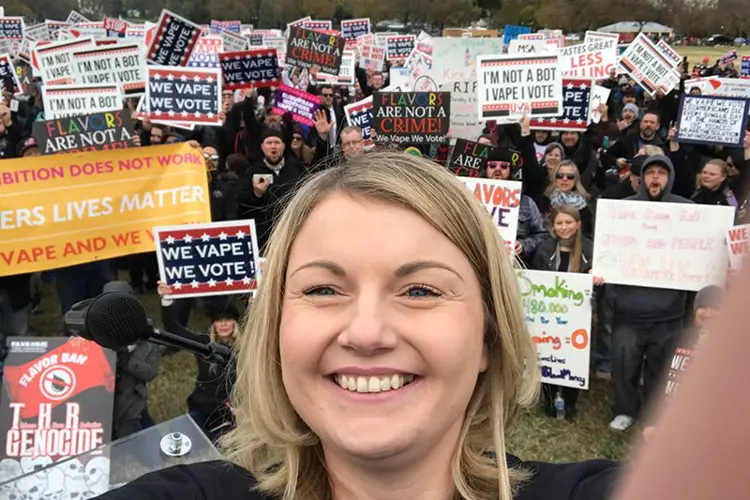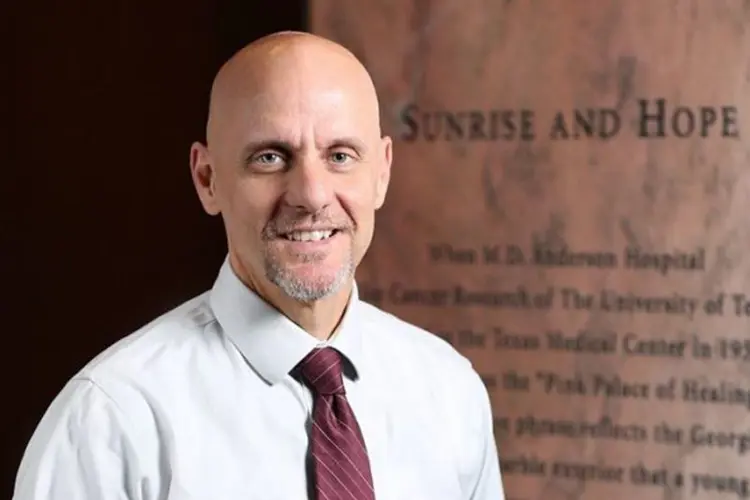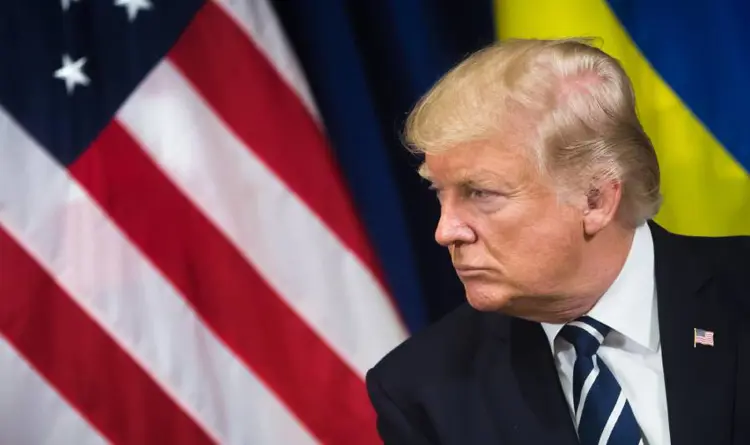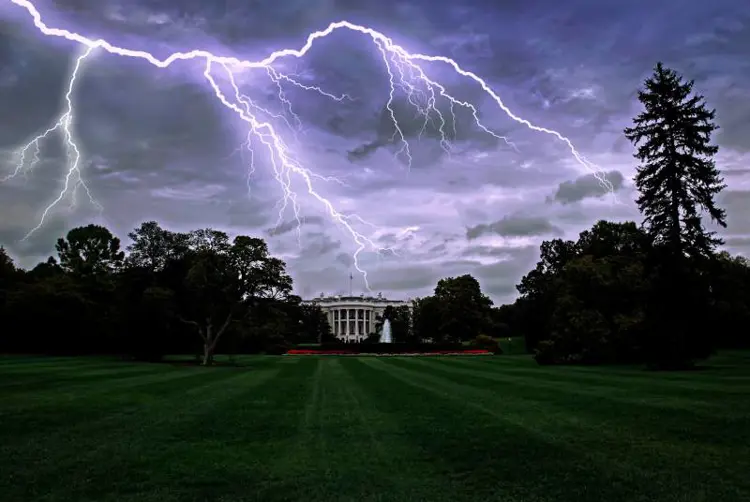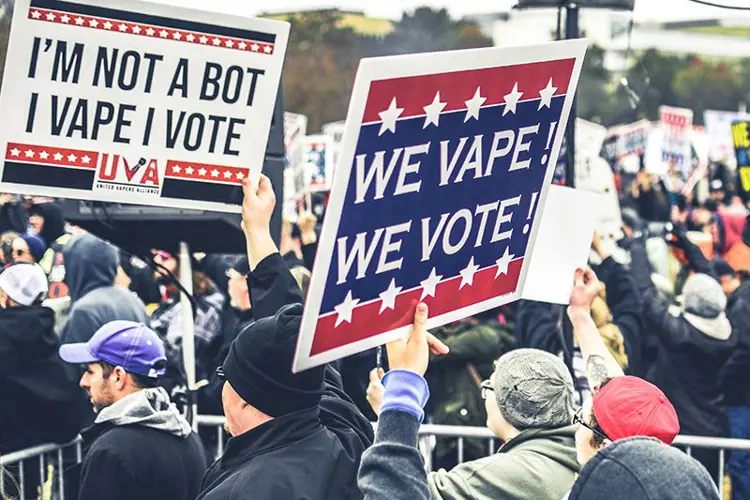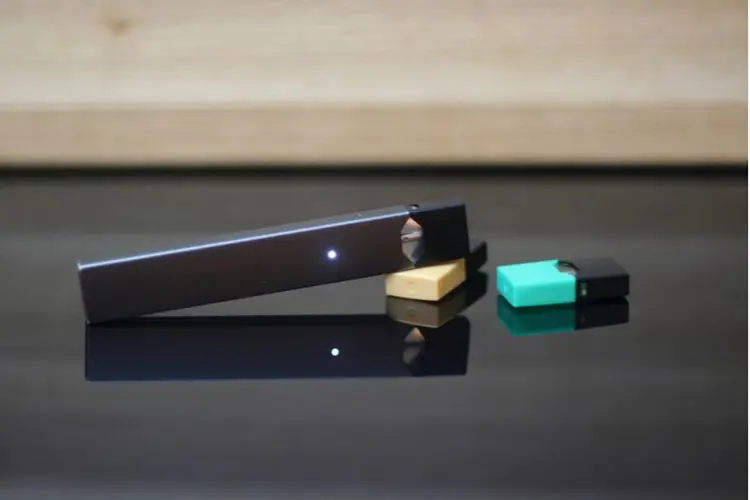Following today’s release of the FDA response to a December report critical of the agency's tobacco regulators, FDA Center for Tobacco Products Director Brian King sat down with representatives of the independent vaping industry to answer questions about the agency’s treatment of vaping products and the people who use them.
The Zoom event, billed as “The Future of Vaping in the US: A Conversation with FDA’s Dr. Brian King,” was organized by the American Vapor Manufacturers Association (AVM), and moderated by AVM Vice President Allison Boughner and Director of Legislative & External Affairs Gregory Conley. Vaping advocate Nick “Grimm” Green simulcast the event on his YouTube channel.
King: no more youth epidemic, but the gateway is real
It was the first time King has publicly spoken with vaping advocates, but he wasn’t rattled in the slightest. In fact, King is so comfortable speaking FDA bureaucratese, it’s almost impossible to imagine him carrying on a normal conversation without inserting legal disclaimers and repeated promises to “follow the science.”
You can watch the full event (above), but no new ground was broken unless you count King’s claim to have never (in his almost eight months at the FDA) used the term “epidemic” to describe youth vaping patterns.
He maintained there is “strong evidence” that some adolescents switch from vaping experimentation to smoking cigarettes, and that even infrequent teenage vapers show “signs of dependence.”
He defended the Drug War-style youth messaging in the agency’s youth-oriented anti-vaping ads, which he said were “rigorously evaluated” before and after they aired and were effective reaching teenagers.
All unauthorized vape products are “illegal”
King said that, in general, adults switching completely from smoking to vaping improve their health—and acknowledged that millions have switched—but maintained that some vaping products are much more risky than others. Pressed by Conley to identify which vapes pose risks equivalent to cigarettes, King refused to name names.
He also neatly avoided answering Boughner’s question about how the FDA’s new commitment to health equity jibed with a small vape shop in East Harlem, NY being forced to close and its customers returning to cigarettes.
Regarding the FDA’s messaging on vaping, King claimed the agency studied ways to communicate the “continuum of risk” accurately to adults who smoke, but that the effort had been postponed due to the increase in youth vaping beginning in 2018. He said the CTP is planning messaging for adults in the future that explains differences between nicotine products.
Asked about the closure of vape shops, King says FDA isn't working against small or large businesses but simply enforcing the law.
— Guy Bentley (@gbentley1) February 24, 2023
King said the standard for FDA vaping product authorization could get looser if youth vaping continues to decline, but offered no specifics or timeline. He continued to insist that expensive scientific trials aren't necessarily required for authorization—even though no product has been authorized without them.
Asked whether he would prefer adult vapers buy products from legal or illicit sources, King said that it “depends what you define as an illicit source.” As far as CTP regulators are concerned, King said, “any product that is on the market without an [FDA] authorization is illegal.”
The FDA has authorized seven unpopular vaping devices and tobacco-flavored refills for them—but none since King took the CTP helm in July 2022.
Brian King's anti-vaping history
King, a former Centers for Disease Control and Prevention (CDC) employee, was named by FDA Commissioner Robert Califf to succeed longtime CTP director Mitch Zeller last July.
Since receiving a doctorate in epidemiology from the State University of New York at Buffalo in 2010, until he was named CTP director by Califf, King had worked only for the CDC. He advanced within the CDC Office on Smoking and Health (OSH) from Epidemic Intelligence Service Officer to Senior Scientific Advisor, and then in 2015 to his final CDC job as Deputy Director for Research Translation at OSH.
Although King had no regulatory or management experience to qualify him for the FDA job, he did have a history of antagonism toward vaping, including frequent collaboration with anti-tobacco organizations like the Truth Initiative and Bloomberg Philanthropies.
King is believed responsible for creating the name given by the CDC to the lung injuries caused by the 2019 spread of tainted THC cartridges. The name—“e-cigarette, or vaping, product use-associated lung injury (EVALI)”—suggested that commercial nicotine vaping products (e-cigarettes) were at least partly responsible for the injuries that killed almost 70 American cannabis vapers. No nicotine vaping device was ever tied to a case of “EVALI,” and the outbreak slowed and then stopped after illicit cannabis processors stopped mixing cannabis oil with toxic vitamin E acetate to increase profits.
During that crisis, CDC leadership allowed King to address reporters, and he made several bizarre and speculative comments. For example, he suggested during one press event that lung injuries like “EVALI” may have been occurring since the advent of nicotine vaping more than a decade earlier, but that epidemiologists may have missed the evidence.
King has co-authored numerous slanted articles and scientific papers about vaping and other low-risk nicotine product use. He wrote or approved a CDC article that asserted the style of vaping known as dripping involved pouring e-liquid directly onto already-hot coils. In a press release, he once deliberately misinterpreted his own study of Juul Labs' product sales to suggest that many more JUUL devices were in circulation than actually were.
Image courtesy YouTube.
The Freemax REXA PRO and REXA SMART are highly advanced pod vapes, offering seemingly endless features, beautiful touchscreens, and new DUOMAX pods.
The OXVA XLIM Pro 2 DNA is powered by a custom-made Evolv DNA chipset, offering a Replay function and dry hit protection. Read our review to find out more.
The SKE Bar is a 2 mL replaceable pod vape with a 500 mAh battery, a 1.2-ohm mesh coil, and 35 flavors to choose from in 2% nicotine.
Because of declining cigarette sales, state governments in the U.S. and countries around the world are looking to vapor products as a new source of tax revenue.
The legal age to buy e-cigarettes and other vaping products varies around the world. The United States recently changed the legal minimum sales age to 21.
A list of vaping product flavor bans and online sales bans in the United States, and sales and possession bans in other countries.








